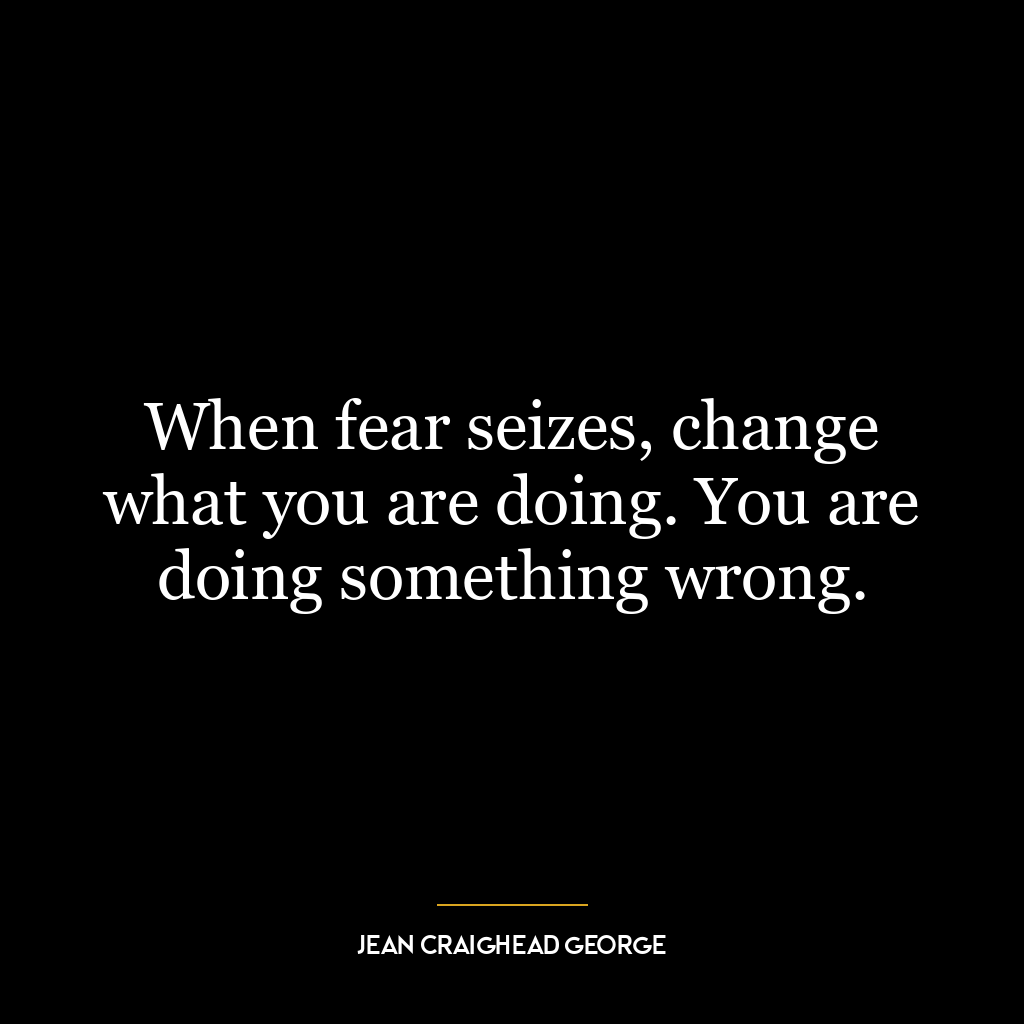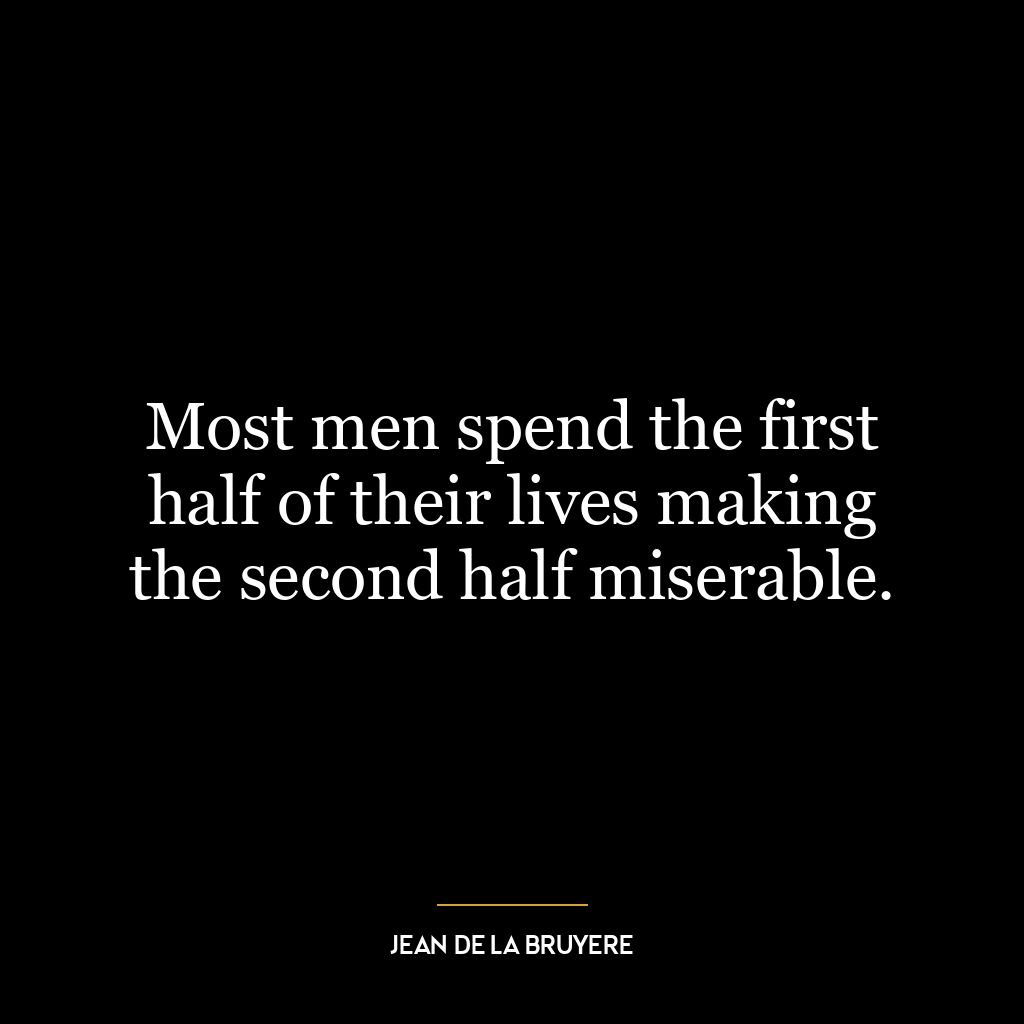The profit on a good action is to have done it.
“The profit on a good action is to have done it” is a profound statement that emphasizes the intrinsic value of performing good deeds. It suggests that the real reward or ‘profit’ one gains from doing good is not external validation, material gain, or even gratitude from others, but rather the act itself. The satisfaction, fulfillment, and personal growth that come from knowing you’ve done something good are the true rewards.
This quote is a reminder that we should not perform good deeds with the expectation of receiving something in return. Instead, the act of doing good should be seen as its own reward. This perspective aligns with the principles of altruism and selflessness, where the focus is on the welfare and happiness of others rather than personal gain.
In today’s world, this idea is more relevant than ever. In a society increasingly driven by social media and the desire for recognition, many people perform good deeds with the expectation of praise or reciprocation. However, this quote encourages us to shift our focus from seeking external validation to finding fulfillment in the act of doing good itself.
In terms of personal development, this quote can be a guiding principle. It encourages us to cultivate a sense of inner fulfillment and self-worth that is not dependent on the approval or recognition of others. By finding reward in the act of doing good, we become more selfless, compassionate, and fulfilled individuals. It also helps us to develop a more positive outlook on life, as we learn to find joy and satisfaction in the simple act of contributing to the happiness and well-being of others.















